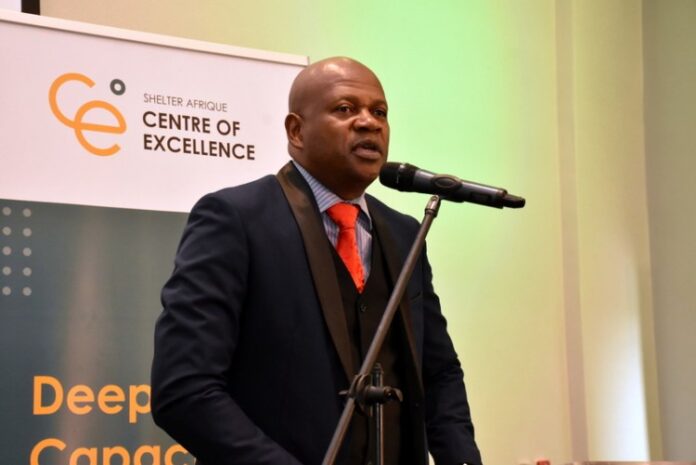Nigeria has overtaken Kenya to become the single largest shareholder in Shelter Afrique, the Pan‑African housing finance institution headquartered in Nairobi, following a fresh capital injection from the Nigerian government.
The move marks a significant shift in the shareholding landscape of the organisation, which is jointly owned by 44 African governments alongside the African Development Bank (AfDB) and Africa Reinsurance Corporation.
Earlier this year, Nigeria committed Sh1.01 billion (approximately $9.4 million) in additional capital to Shelter Afrique, part of a broader investment programme amounting to Sh3.16 billion ($29.3 million).
This contribution propelled Nigeria’s shareholding to 14.77 percent, compared with Kenya’s 14.87 percent and AfDB’s 14.28 percent as of late 2020. Kenya had long held the top position, but Nigeria’s aggressive move signals its intent to claim the lead shareholding role.
Shelter Afrique’s managing director, Andrew Chimphondah, lauded the Nigerian investment, describing it as “a strong show of confidence” in the institution, which has seen improved governance and financial performance in recent years.
Indeed, Nigeria’s renewed commitment mirrors its previous investments: between 2017 and 2022, the Federal Government injected a total of over $22.5 million into the institution, raising its stake to about 15.80 percent by mid‑2022.
The infusion of capital from Nigeria, along with contributions from other member states including Rwanda, Uganda, Lesotho, Mali, Namibia, Togo, Zimbabwe and Eswatini, supports Shelter Afrique’s expanded development agenda. This funding strengthens its capacity to finance affordable housing and infrastructure projects across the continent.
In addition, Nigeria’s increased position now places it within striking distance of leading the shareholding table, with plans to fully meet its outstanding commitments under discussion.
Industry analysts say the shake‑up places greater influence in Abuja’s hands at boardroom discussions and policy directives. With Abuja now a major shareholder, Nigeria could play a more decisive role in shaping investment strategy, selecting priority housing projects, and steering the institution’s lending agenda.
The strategic realignment follows Nigeria’s broader economic pivot toward fortifying local infrastructure financing mechanisms. Last year, the country floated its first N46 billion ($110 million) housing bond under Shelter Afrique’s bond issuance programme aimed at tackling the chronic housing deficit and demonstrates a sustained commitment to affordable housing development.
For Kenya, the outcome may lead to reevaluation of its own commitment to remain ahead. But in the short term, the shift serves as a powerful indicator of Nigeria’s ambition not just in shelter finance but in regional financial leadership.
As Nigeria edges closer to overtaking Kenya outright, the dynamics within Shelter Afrique are likely to change. The repositioning is more than symbolic; it is a clear statement about influence and intent.
Stakeholders across Africa will now be watching closely to see how Nigeria leverages its new status whether through enhanced project financing, bond-issuance support, or by reshaping governance to align with its domestic housing agenda. The reordering of power at Shelter Afrique marks a pivotal moment in the evolution of Pan-African development institutions.
Written By Ian Maleve



















